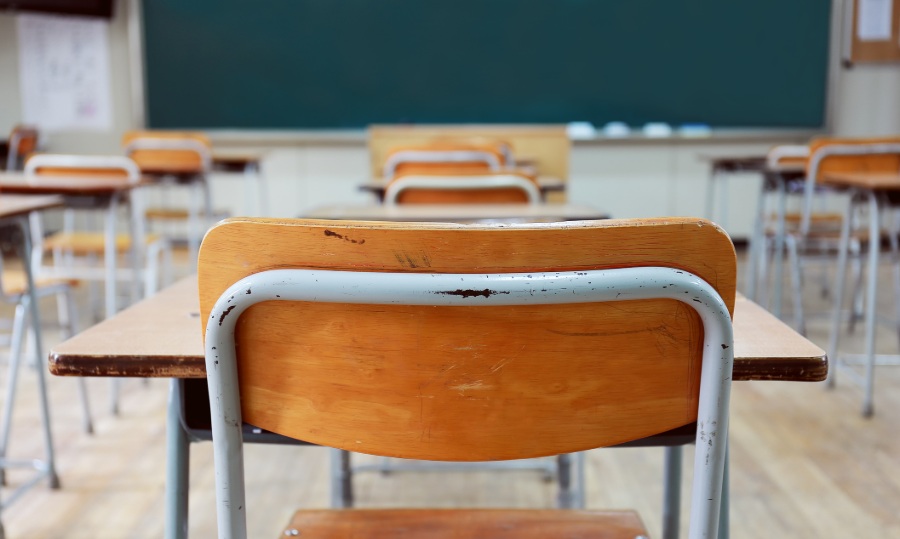Trump’s Executive Order on Schooling in COVID Era

In my last Stream article I explained why schools should reopen. Kids simply haven’t been learning enough with the remote education model. Nor are kids driving COVID transmission to adults. I ended the piece suggesting that parents be allowed to use their tax dollars to enroll their kids in private schools if their local public schools remain closed. President Trump’s executive order this week creates a mechanism for that to happen.
Why This Is Important
There are at least four big reasons why Trump’s action is appropriate.
- The Centers for Disease Control and Prevention says that school attendance decreases a child’s risk of depression and abuse. Since schools closed in March there’s been a big drop in reports of child abuse. Sadly, the abuse rates have probably not declined. School teachers and staff are mandatory reporters, and without their involvement, it’s just not being reported.
- The American Academy of Pediatrics (AAP) has found that school closures have a big impact on food security and physical activity for kids. Remember, for better or worse, low-income families have come to rely on schools to feed their children. The food problem mushroomed when many moms and dads lost their jobs due to COVID.
- Food considerations aside, the academic impact of school closures is worse for low-income kids. In low-income zip codes, students’ math progress decreased by almost 50% after schools closed in March. In middle-income zip codes, the drop was “only” 33%.
- Special needs children have also been hit hard by school closures. These kids receive a variety of academic, physical, and social supports, like in-person therapies. Without them, they can’t really make progress. The Individuals with Disabilities Education Act (IDEA) enshrines the right of students with learning disabilities to receive what’s known as a free and appropriate public education (FAPE). If the kid can’t learn unless he gets speech therapy or an in-class aide, the school must provide these services or supports.
Especially for Special Needs and Lower Income Situations
A recent survey found that 80% of students with special needs have not been receiving the services or supports that they’re supposed to be getting. About 40% of kids with special needs aren’t receiving any services or supports. What may be worse is that special needs kids are twice as likely to be receiving little to no remote learning since March.
Higher income students are more likely to have substitutes for the loss of in-person learning. Their parents are more likely to be in jobs that allow them to work from home. Mom and Dad can help with assignments and internet connection issues during the day. These parents are also more likely to have the means to pool resources with similar families to form a microschool or “learning pod,” with a hired, in-person tutor.
It’s the lower-income and special needs students who are falling furthest behind.
Greater Flexibility with Existing Funding
Trump’s executive order does not create new funding. It provides a new way to apply the funds of the CARES Act from this spring. But now some of the CARES Act funding can provide emergency learning scholarships to disadvantaged families for use by any child without access to in-person learning.
What can an emergency learning scholarship cover? Tuition and fees for a private school, even a religious school. It can cover homeschool, microschool, or learning-pod costs. Or special education services, including therapies. Might your child need tutoring or remedial education? Those are valid uses also.
I realize some of us would prefer to see initiatives like this bubble up from local or state governments. But this is an urgent problem, and one with a highly unusual origin — a once-in-a-century pandemic. So let’s not be too picky. With the spring semester fast approaching, I hope the President’s executive order receives broad support. If you know of families that could benefit, encourage them to express interest to their county and state leaders.
Dr. Alex Chediak (Ph.D., U.C. Berkeley) is a professor and the author of Thriving at College (Tyndale House, 2011), a roadmap for how students can best navigate the challenges of their college years. His latest book is Beating the College Debt Trap. Learn more about him at www.alexchediak.com or follow him on Twitter (@chediak).







